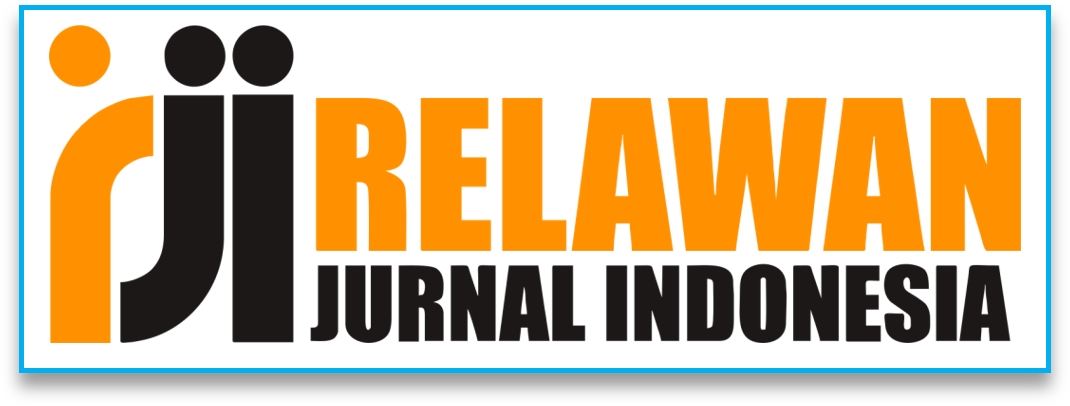Application of Discussion Methods in Encouraging the Critical Thinking Ability of VIII Class Students in Fikih Lessons at MTs Madinah Bunder Susukan Cirebon
Keywords:
Discussion, Critical Thinking, JurisprudenceAbstract
This study was motivated by the low level of students’ critical thinking skills in the learning process, particularly in the Jurisprudence subject at MTs Madinah Bunder Susukan, Cirebon, where conventional, teacher-centered methods have resulted in passive student participation, monotonous activities, and limited problem-solving abilities. To address this issue, the research explored the application of the discussion method as a means of fostering critical thinking and active engagement among eighth-grade students, with the objectives of analyzing its implementation, identifying supporting and inhibiting factors, and examining teacher strategies in its use. Employing a qualitative approach, the study was conducted at MTs Madinah Bunder Susukan, Cirebon, using observation, interviews, and documentation for data collection, and data analysis through collection, reduction, presentation, and conclusion drawing. The results indicate that the discussion method was effectively implemented in three stages: preparation, including lesson planning, material selection from textbooks, and creating a conducive learning environment; implementation, involving group division, task assignment, collaborative discussion, presentation, and peer feedback; and closing, where unresolved questions were addressed and conclusions were drawn. Supporting factors included teacher competence and sincerity, student readiness, relevant materials, and a conducive classroom atmosphere, while inhibiting factors were non-conducive classes and absenteeism. Teacher strategies to optimize discussions involved providing engaging materials and encouraging active participation, demonstrating that the discussion method is an effective approach to enhancing critical thinking skills and classroom engagement in Jurisprudence learning.
Downloads
References
Hasanahummi. Learning to Teach. diakses melalui https://hasanahummi.files.wordpress.com/2017/04/connect-learn-succeed-richard-arends-learning-to-teach-mcgraw-hill-2012.pdf (25 Mei 2024, 19.16).
Hidayat, Y., Yudiyanto, M., Mukhlisin, Malik Sofy, A. R., Nurishlah, L., Hadi, D. S., Mulyani, A. S., Wahidah, E., Firdaus, M. R., Dini, A., & others. (2024). STUDENT CENTER: memahami peserta didik dari berbagai aspek. CV. Intake Pustaka.
Mulyani, Fitri. (2009). Kompetensi Guru Dalam Undang-undang Nomor 14 Tahun 2005 Tentang Guru dan Dosen (Kajian Ilmu Pendidikan Islam). Jurnal Pendidikan Universitas Garut. Vol. 03; No. 01; 1-8, 2.
Novauli, Feralys. (2015). “Kompetensi Guru dalam Peningkatan Prestasi Belajar pada SMP Negeri dalam Kota Banda Aceh”, Jurnal Administrasi Pendidikan, 3(1). 52.
Puji Astuti, Siti Aisyah.(2023). Implementasi Metode Diskusi Pada Pembelajaran Matematika Siswa Kelas IV di SDIT Taqiyya Rosyida Tahun Ajaran 2022/2023. (Skripsi. UIN RADEN MAS SAID SURAKARTA).
Mukhlisin, Indah, R. Y., & Atsa, A. (2023). The Implementation Of Prophet’s Character Education At Al-Multazam II. Jurnal Pendidikan Islam: Dumasa, 1(1), 13–23. https://doi.org/10.15294/edumasa.v9i2
Ramdani, D., & Badriah, L. (2018). Korelasi Antara Kemampuan Berpikir Kritis Dengan Hasil Belajar Siswa Melalui Model Pembelajaran Inkuiri Terbimbing Berbasis Blended Learning Pada Materi Sistem Respirasi Manusia. Jurnal Bio Education, 3(2), 38.
Syafruddin. (2017). Implementasi Metode Diskusi Terhadap Peningkatan Hasil Belajar Siswa. Jurnal Ilmiah Pendidikan Teknik Elektro. Vol. 1. No. 1. 66.
Afandi, Muhamad.et.al.,. (2013). Model dan Metode Pembelajaran di Sekolah. (Semarang: UNISSULA PRESS). cet.1.
Djamarah, Syaiful Bahri. (2006). Belajar Mengajar. (Jakarta: Rineka Cipta).
Hamalik, Oemar. (2004). Belajar Mengajar. (Jakarta: PT Bumi Aksara).
Rianto, Milan. (2006). Pendekatan, Strategi, dan Metode Pembelajaran. (Malang: Departemen Pendidikan Nasional.
Sudjana, Nana. (2004). Belajar dan Pembelajaran. (Bandung: Pustaka Pelajar).
Sugiyono. (2014). Memahami Penelitian Kualitatif. (Bandung: Alfabeta).
Winkel, W.S. (2004). Psikologi Pembelajaran untuk Sekolah Dasar. (Jakarta: PT Gramedia).
Downloads
Published
How to Cite
Issue
Section
License
Copyright (c) 2025 IJIEL: Indonesian Journal of Islamic Education and learning

This work is licensed under a Creative Commons Attribution-ShareAlike 4.0 International License.
Similar Articles
- Abdurrahman Atsa’lawi, Mukhlisin Mukhlisin, Akhlaqul Banin as a Paradigm of Islamic Character Education: An Implementation Study at Madrasah Aliyah Negeri 2 Kuningan , Indonesian Journal of Islamic Education and learning: Vol. 1 No. 2 (2026): Volume 1 Number 2, February 2026
You may also start an advanced similarity search for this article.







